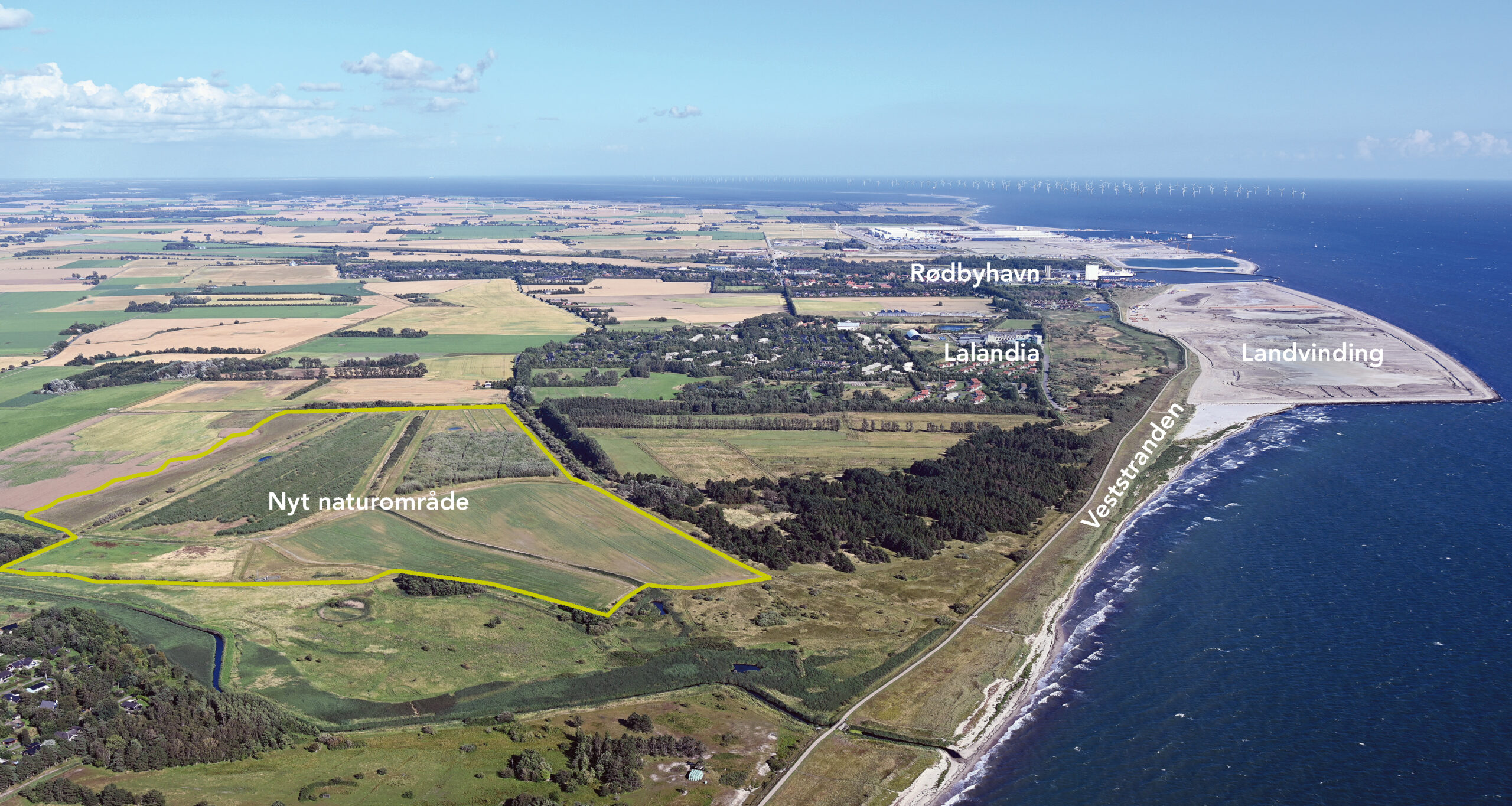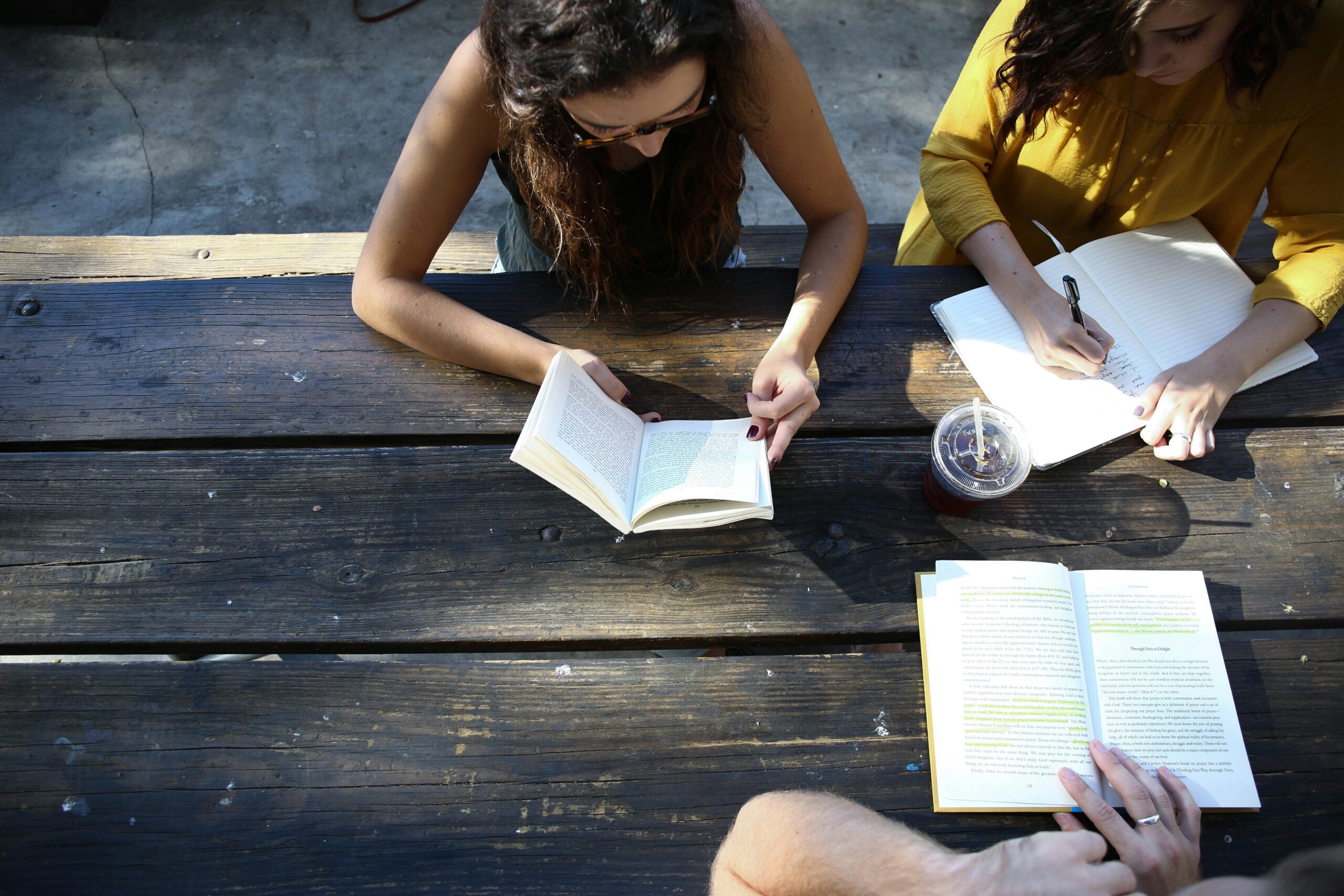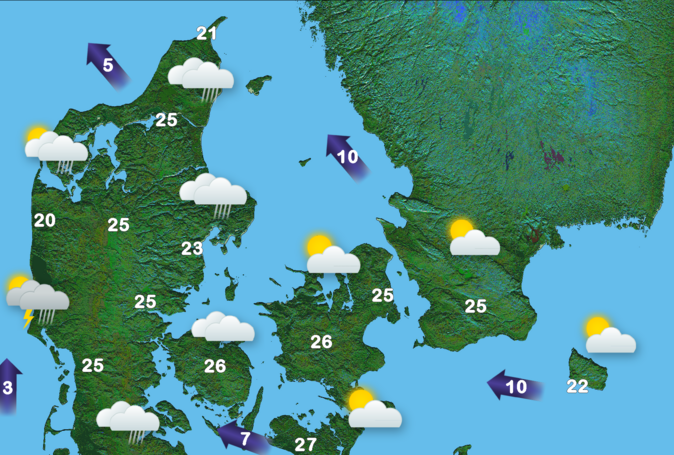The opening is striking. It’s largely wordless and envelops us instantly in an air of mystery, unveiling its shocking nature a layer at a time: strips of light cut through pitch black, illuminating dust that dances in the air.
Gradually, those light beams come to define an eye, a mouth. Our protagonist is travelling in a box that, when finally cracked open, allows blinding sunlight to surge in and reveal Rebecca (Binoche), a photographic journalist who begins clicking away at the new scene before her.
Walking dead
It is apparently a burial, while ethnic appearances and clothing locate the scene somewhere in the Middle East.
Once the viewer has had time to digest all this, the corpse, a lovely young woman, confounds expectations by rising from her grave and entering a nearby vehicle.
We follow the journalist to her next location to witness this young ‘corpse’ being laden with plastic explosives – we understand now – she is the dead walking, about to sacrifice herself and many others for the cause.
Despite recommendations to the contrary, Rebecca follows the girl, insisting she documents as much of the girl’s story as possible.
Domestic drama
In a flurry of mis-steps, Rebecca ends up caught in the blast herself. It’s to the film’s credit that moral or political sides are rarely taken in this scenario, which we later understand to be set in Kabul.
There’s a moment where, before the girl detonates her device in a crowded market, I’m ashamed to admit, I found myself willing Rebecca to raise her camera and get the explosion on film.
I felt admonished when instead she chooses to raise awareness of the imminent explosion – her screams ushering people away from the blast.
Unfortunately, there is no room for such ambiguity once the dialogue gets going in earnest. What was a beguiling, war-set morality drama reveals itself to be an awkward, domestic muddle.
Rebecca’s real dilemma lies in her being split (of course) between responsibilities as a mother and a documentarian whose work has the potential to exact real change in the world.
Following her ordeal in Afghanistan, she returns home to Ireland and her husband Marcus (Coster-Waldau) makes her an ultimatum: it’s the family or the freeway.
Artificial chemistry
The euro-centric production wears its multi-national financing on its sleeves – to odd effect. A French photo-journalist living in Ireland with Irish daughters is credible enough, but is Coster-Waldau supposed to be Irish?
As photogenic as he is, the Danish actor has little chemistry with Binoche and seems ill at ease with the material.
A chance meeting with a Norwegian charity rep in a library threatens to tip the balance of feasibility.
Binoche remains a fine actress who intelligently wades through awkward scenes with far too much ‘on-the-nose’ dialogue.
There are also environmental concerns, that are readily crammed in with all the subtlety of wet mortar slapped on a layer of bricks.
Ultimately, this is an adequately photographed, but mannered, sterile film that betrays the subject matter by never properly getting its hands dirty.
A Thousand Times Good Night
★★☆☆☆☆
Dir: Erik Poppe
Nor/Ire/Swe drama, 2013, 117 mins
Nikolaj Coster-Waldau, Juliette Binoche, Maria Doyle Kennedy, Chloë Annett
Premiered May 1
Playing Nationwide














